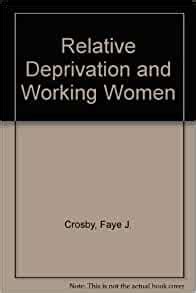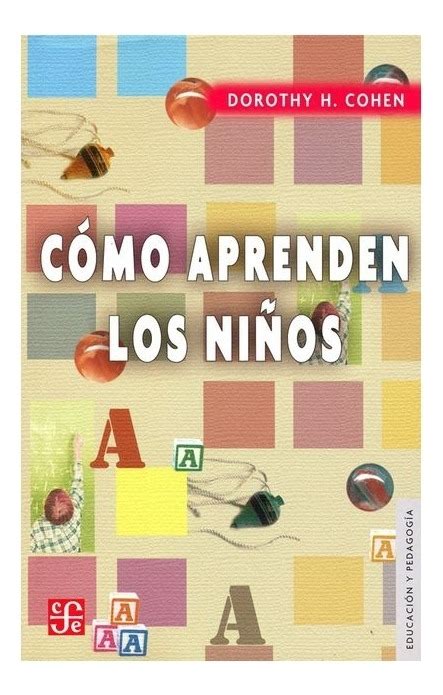A Quote by Malcolm Turnbull
So the proposition that the ideal parents for any child are its biological parents is a statement with which we can all agree in the generality, but which does not apply, for one reason or another, in many particular circumstances.
Quote Topics
Related Quotes
Any child may go through periods during which they become less outspoken with their parents or teachers. But girls, like boys, live in many different worlds - they have their friends and their classroom and their parents - and within these different domains, they may have different levels of expressiveness.
Any father…must finally give his child up to the wilderness and trust to the providence of God. It seems almost a cruelty for one generation to beget another when parents can secure so little for their children, so little safety, even in the best circumstances. Great faith is required to give the child up, trusting God to honor the parents’ love for him by assuring that there will indeed be angels in that wilderness.
In considering the ledger equal, understand the greatest gift you have given your parents is the opportunity to raise you. The things a child gets from parents can't compare to the things a parent gets from raising a child. Only by experiencing this can you understand the degree to which children give meaning to parents' lives.
Ideals are very often formed in the effort to escape from the hard task of dealing with facts, which is the function of science and art. There is no process by which to reach an ideal. There are no tests by which to verify it. It is therefore impossible to frame a proposition about an ideal which can be proved or disproved. It follows that the use of ideals is to be strictly limited to proper cases, and that the attempt to use ideals in social discussion does not deserve serious consideration.
The character of a child is formed largely during the first twelve years of his life. He spends 16 times as many waking hours in the home as in the school, and 126 times as many hours in the home as in the church. Each child is, to a great degree, what he is because of the ever-constant influence of home environment and the careful or neglectful training of parents. Home is the best place for the child to learn self-control, to learn that he must submerge himself for the good of another. It is the best place in which to develop obedience, which nature and society will later demand.
A child is not a Christian child, not a Muslim child, but a child of Christian parents or a child of Muslim parents. This latter nomenclature, by the way, would be an excellent piece of consciousness-raising for the children themselves. A child who is told she is a 'child of Muslim parents' will immediately realize that religion is something for her to choose -or reject- when she becomes old enough to do so.
Many toxic parents compare one sibling unfavorably with another to make the target child feel that he's not doing enough to gain parental affection. This motivates the child to do whatever the parents want in order to regain their favor. This divide-and-conquer technique is often unleashed against children who become a little too independent, threatening the balance of the family system.
Somewhere in the child, somewhere in the adult, there is a hard, irreducible, stubborn core of biological urgency, and biological necessity, and biological reason that culture cannot reach and that reserves the right, which sooner or later it will exercise, to judge the culture and resist and revise it.
There was an age in which it was clear to me that my parents weren't perfect, but then there was an age at which I had empathy for that. And that was through therapy, probably. You have to rebuild and you also have to grow in your understanding of whatever it is your parents are facing, and that takes a major, profound shift of perspective from being a child.
When speaking to parents, I encourage them to take their child(ren) to a children's museum and watch carefully what the child does, how she/she does it, what he/she returns to, where there is definite growth. Teachers could do the same or could set up 'play areas' which provide 'nutrition' for different intelligences... and watch carefully what happens and what does not happen with each child.
The frantic search of five-year-olds for friends can thus be seen to forecast the beginnings of a basic shift in the parent-childrelationship, a shift which will occur gradually over many long years, and in which a child needs not only the support of child allies engaged in the same struggle but also the understanding of his parents.

































